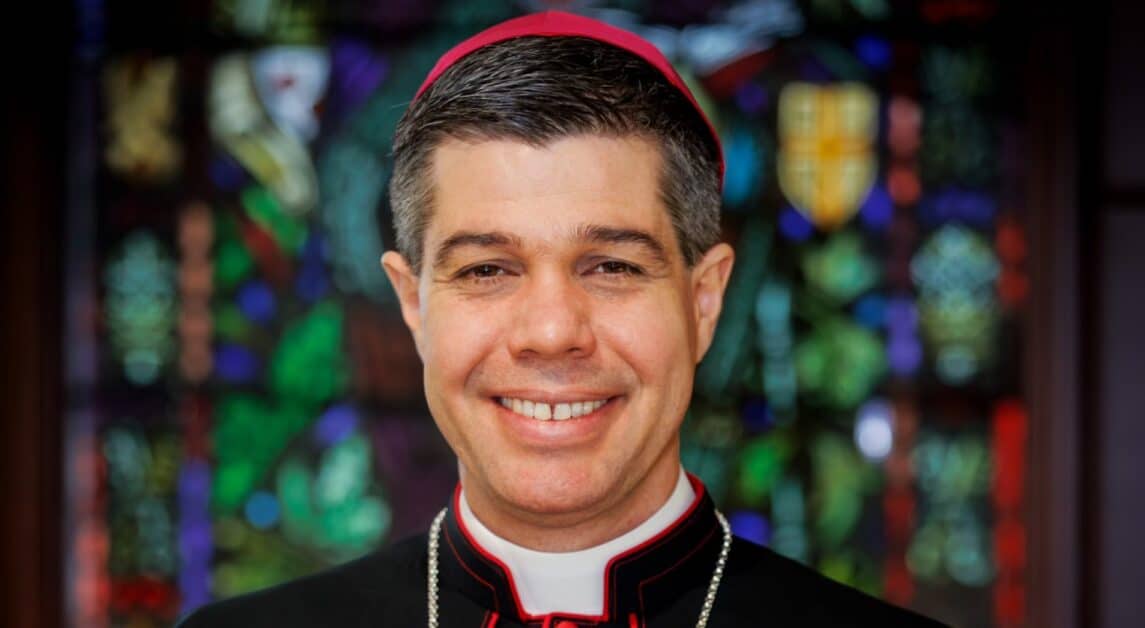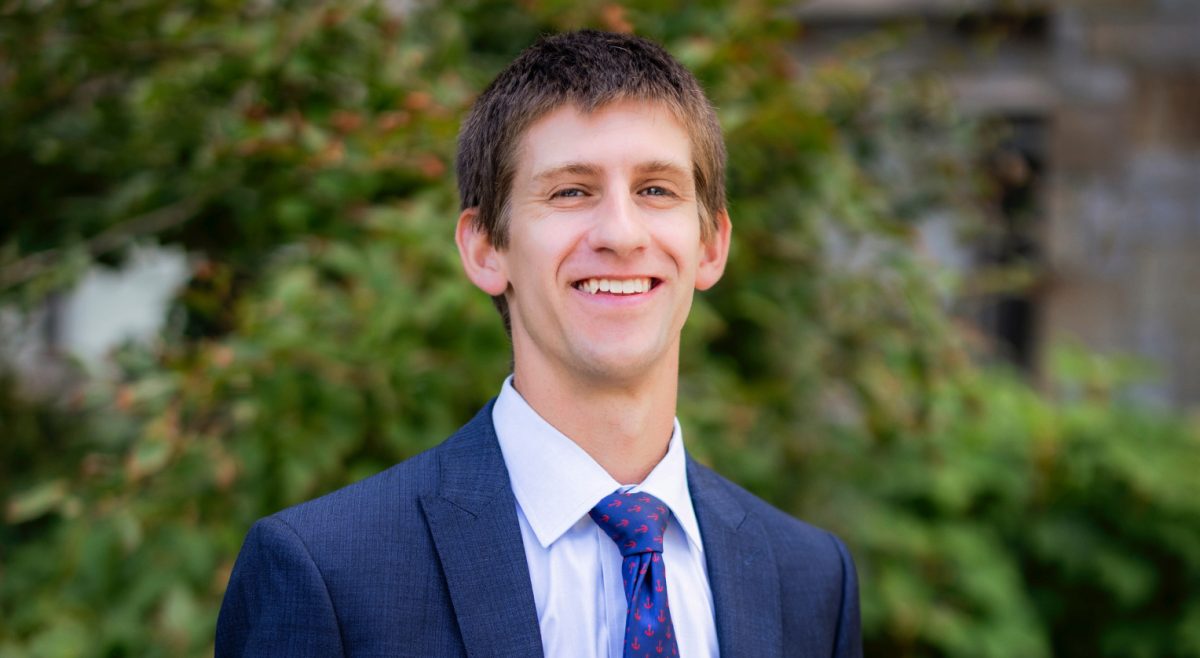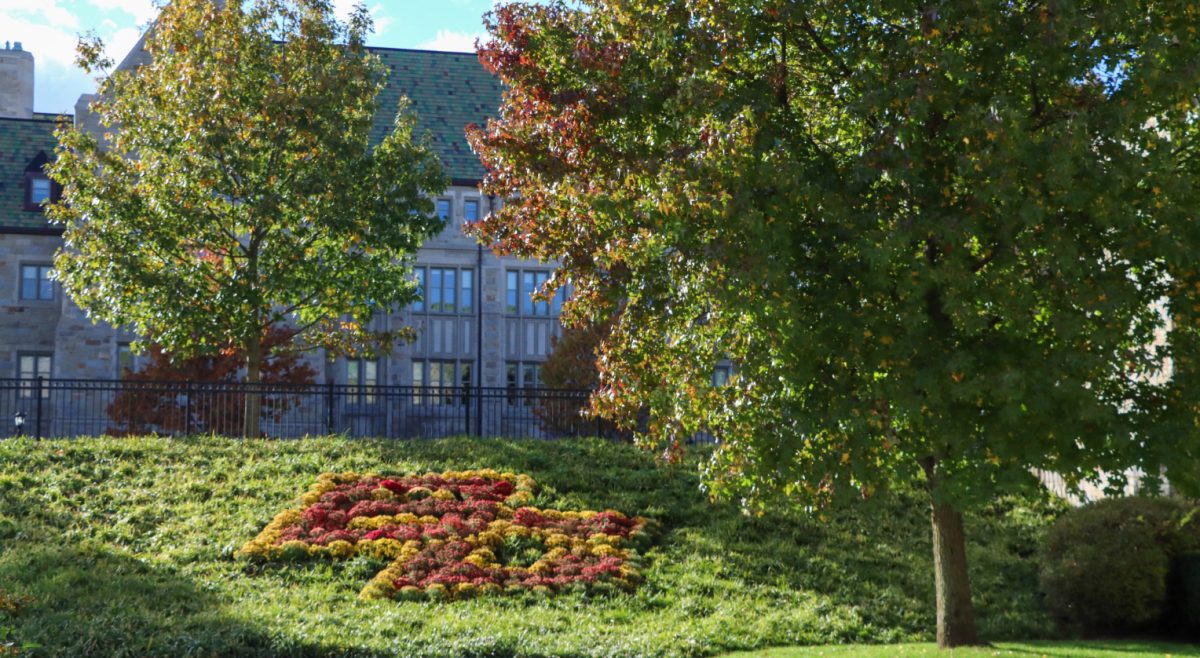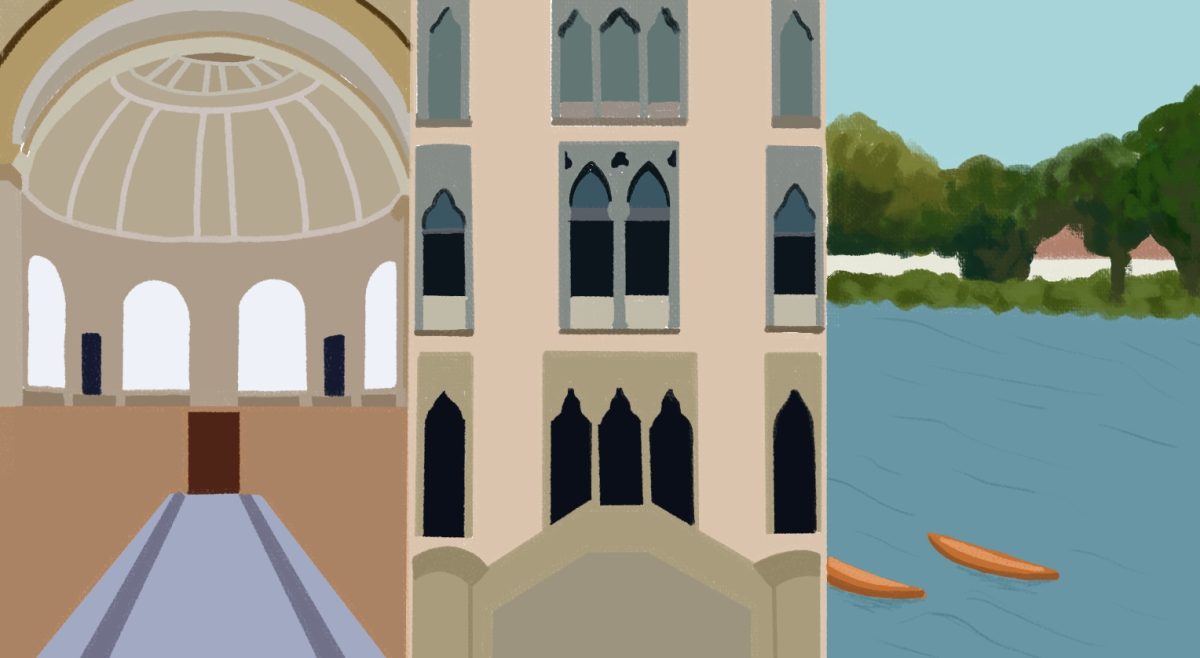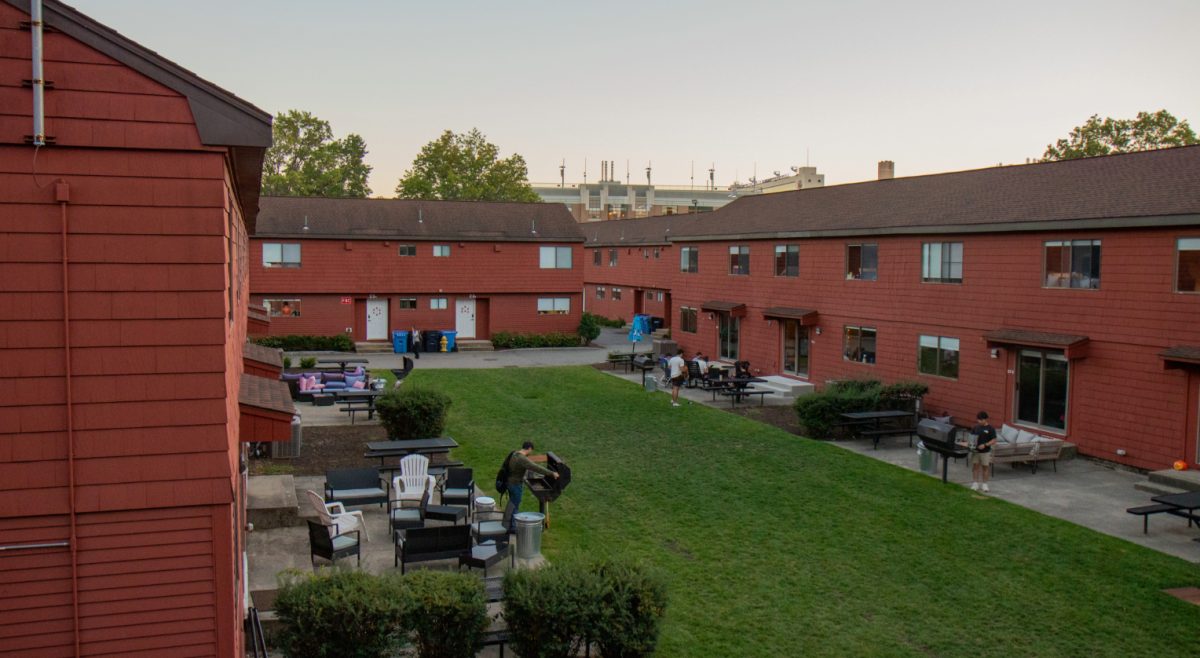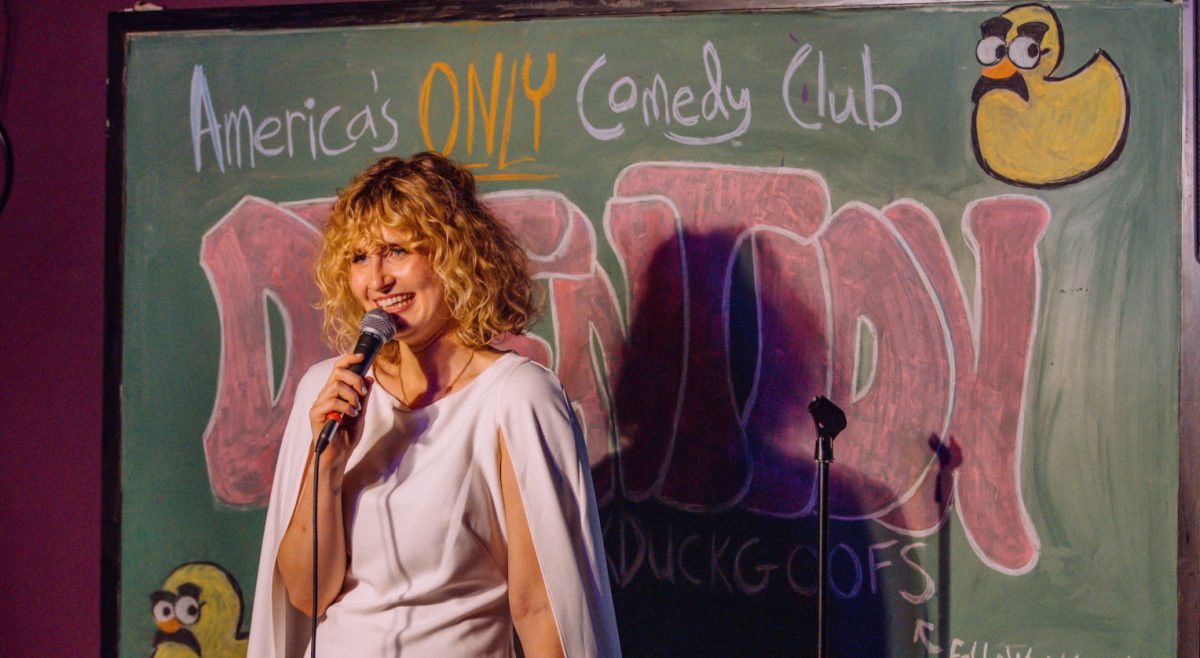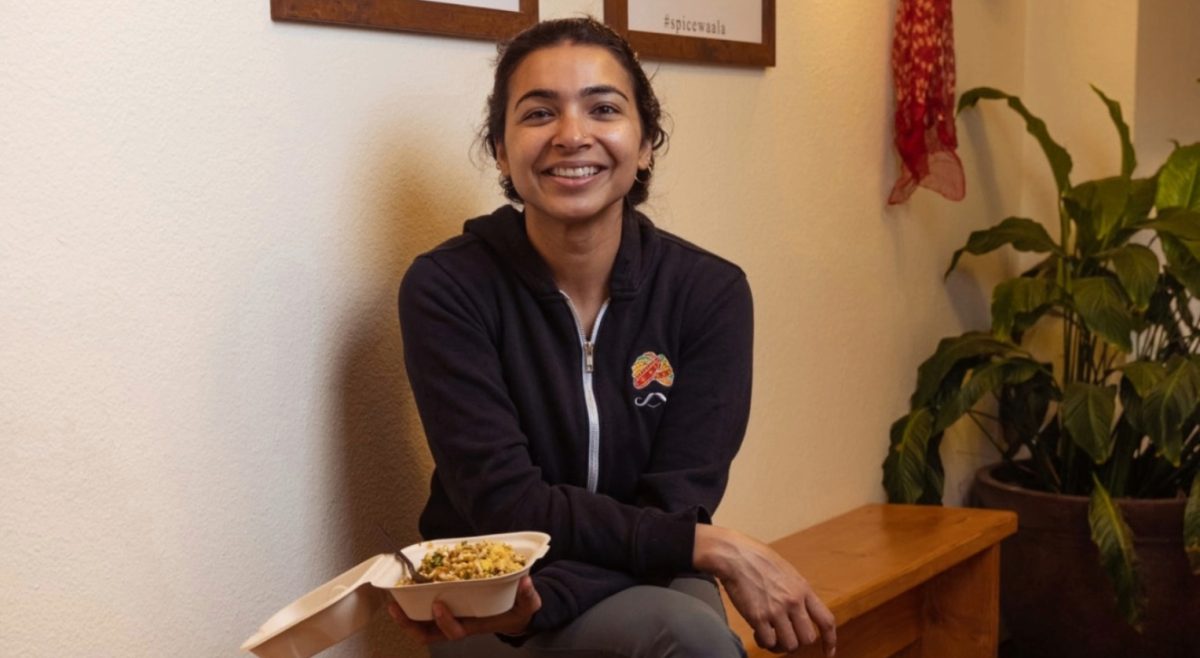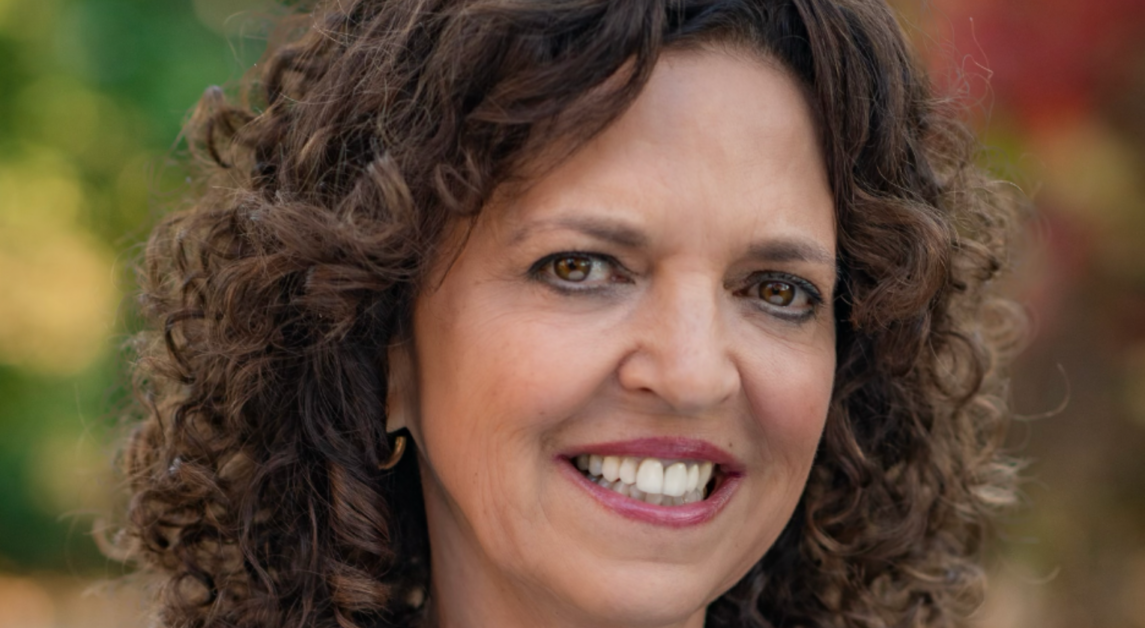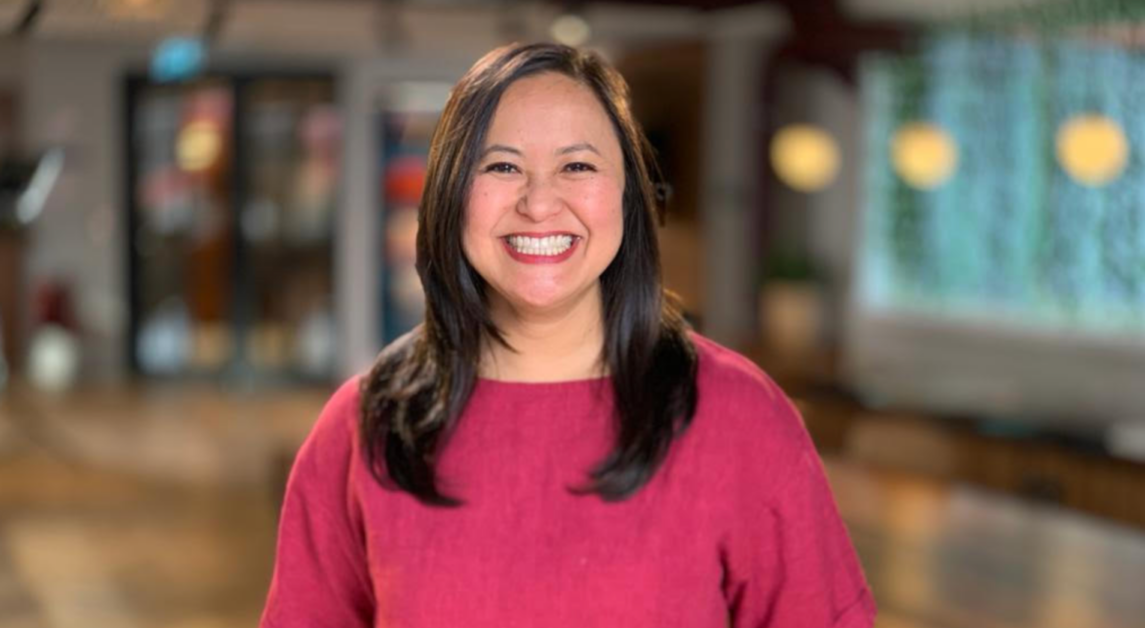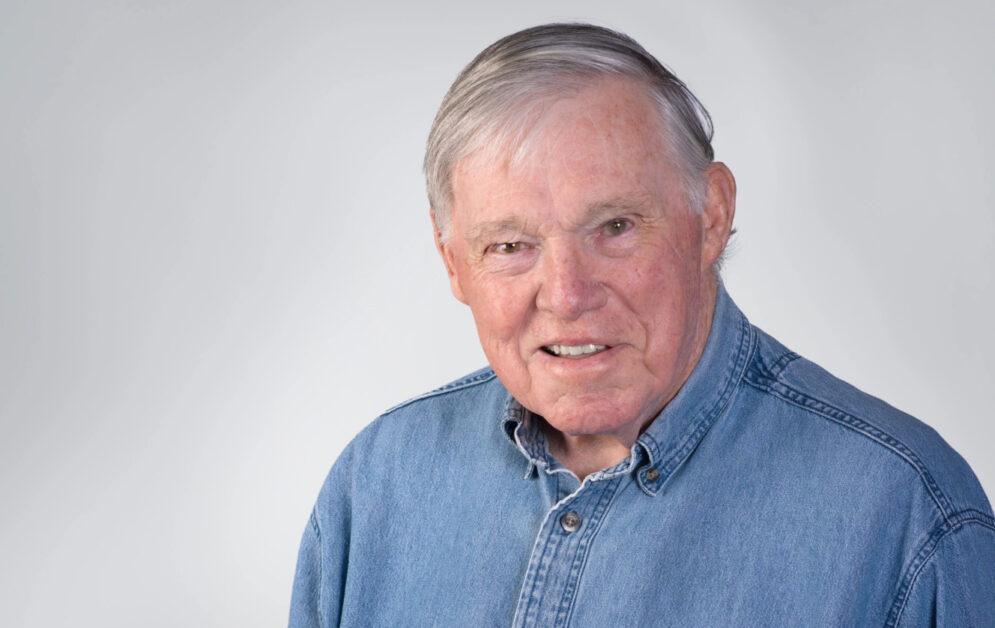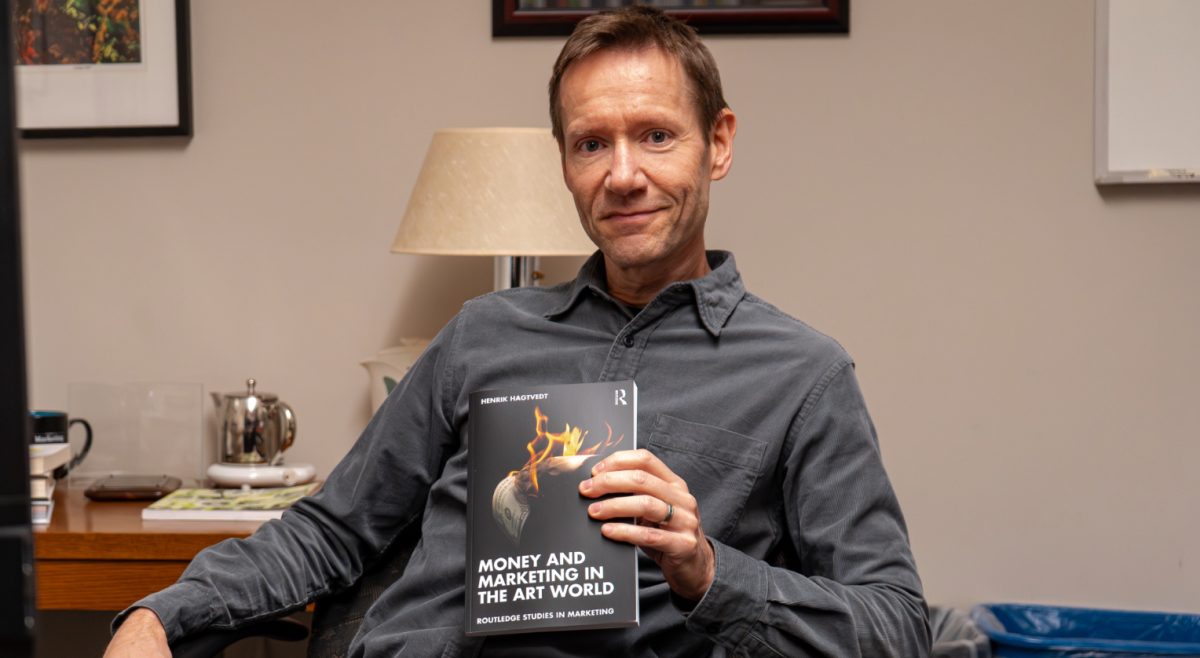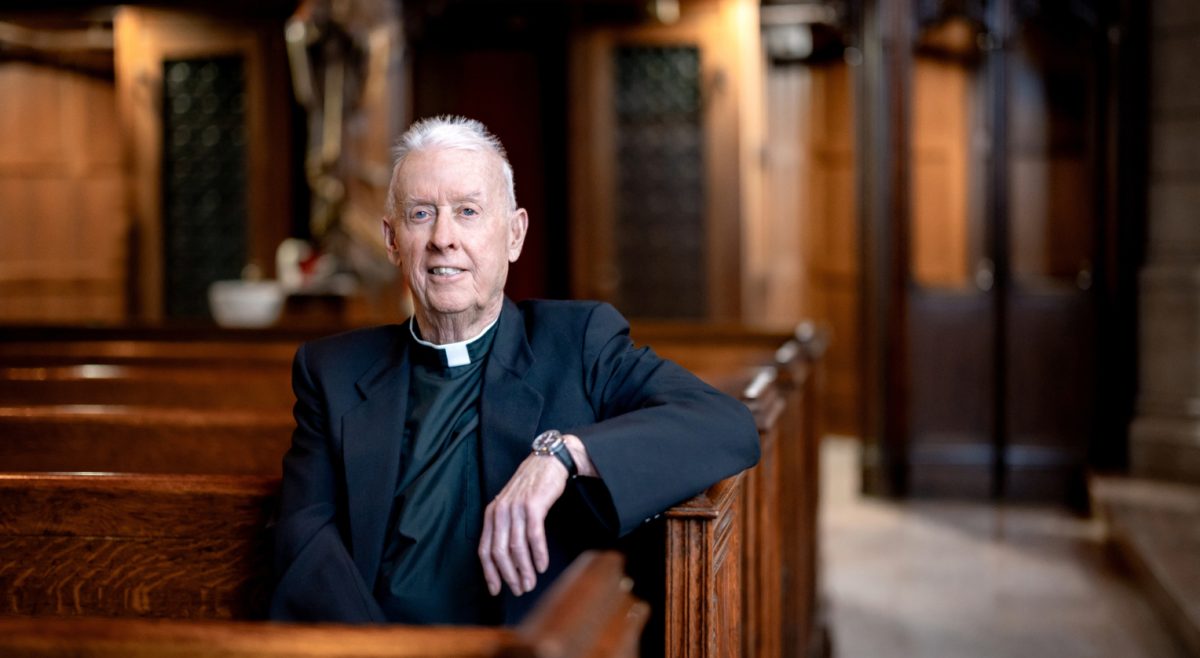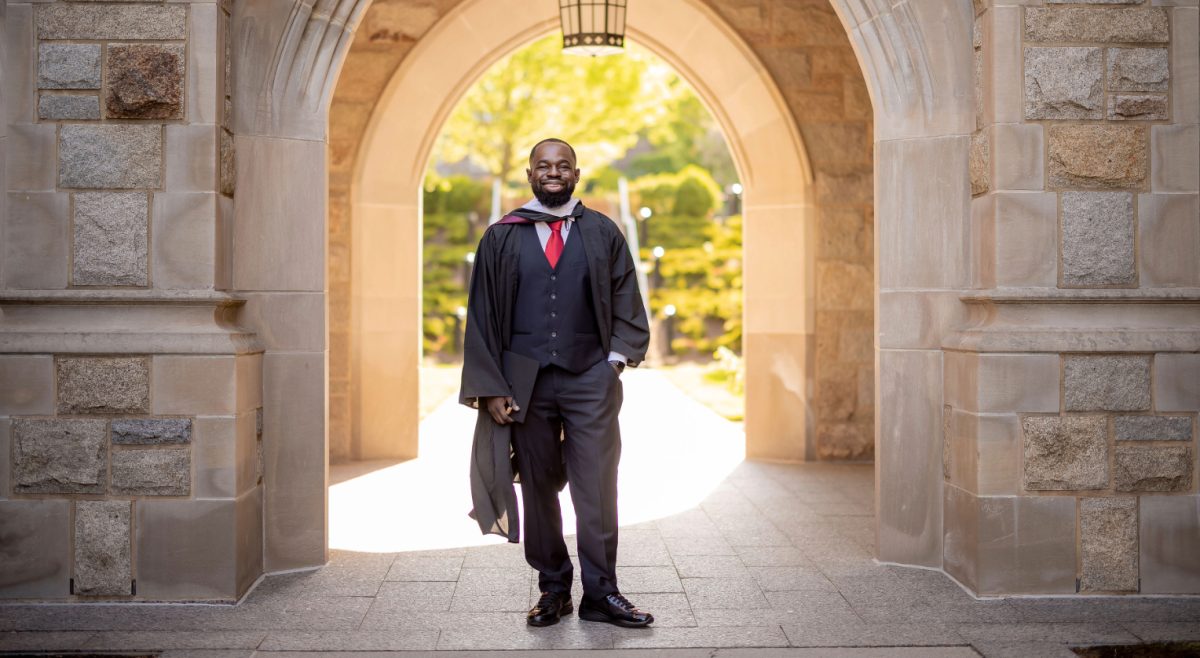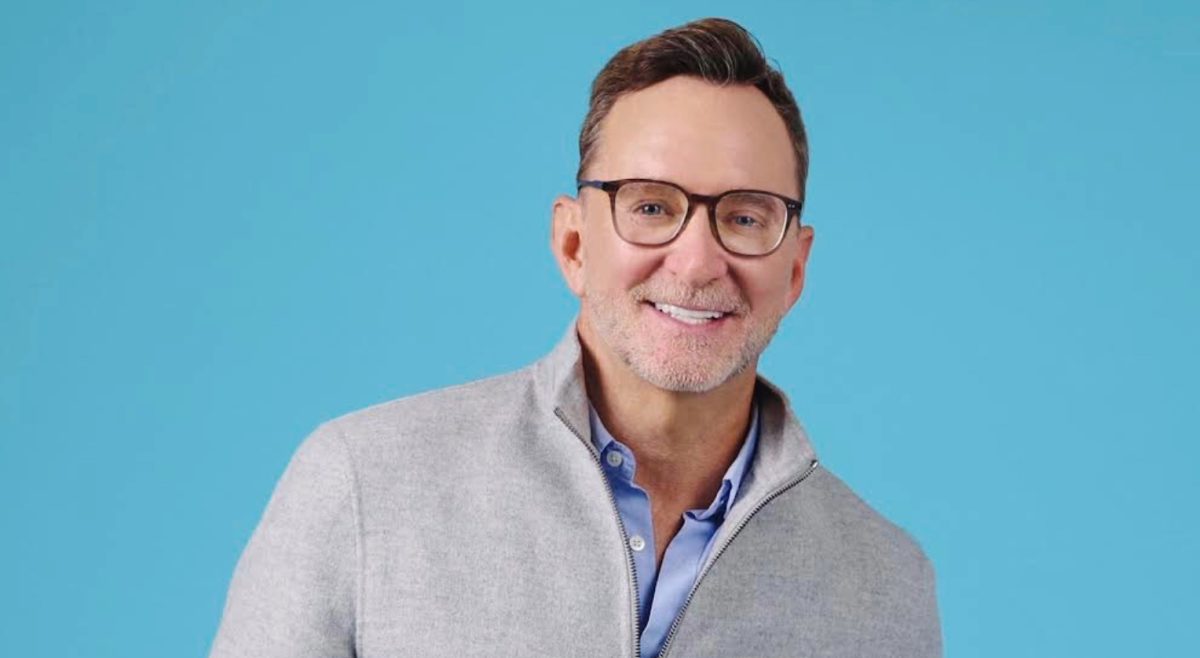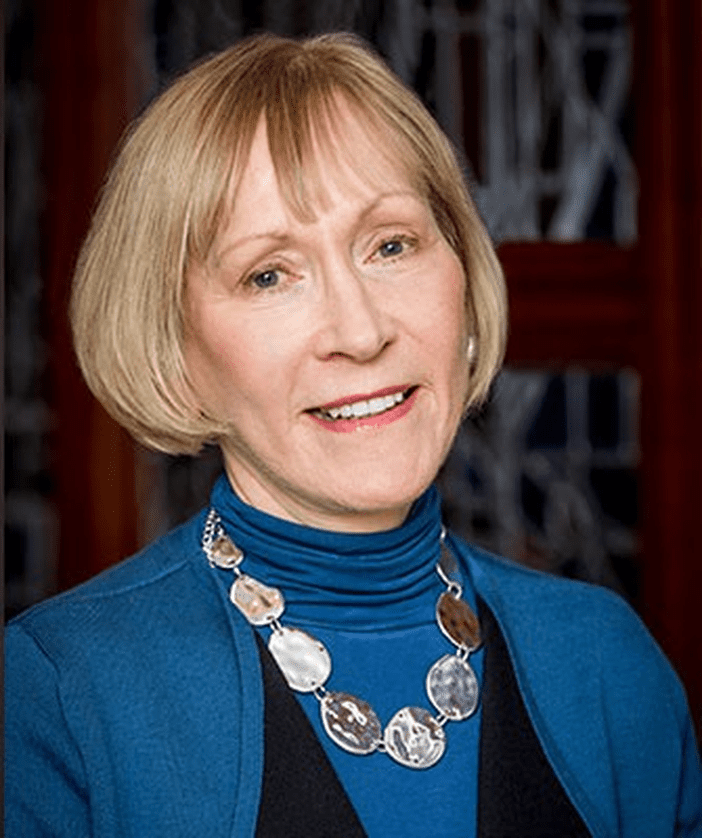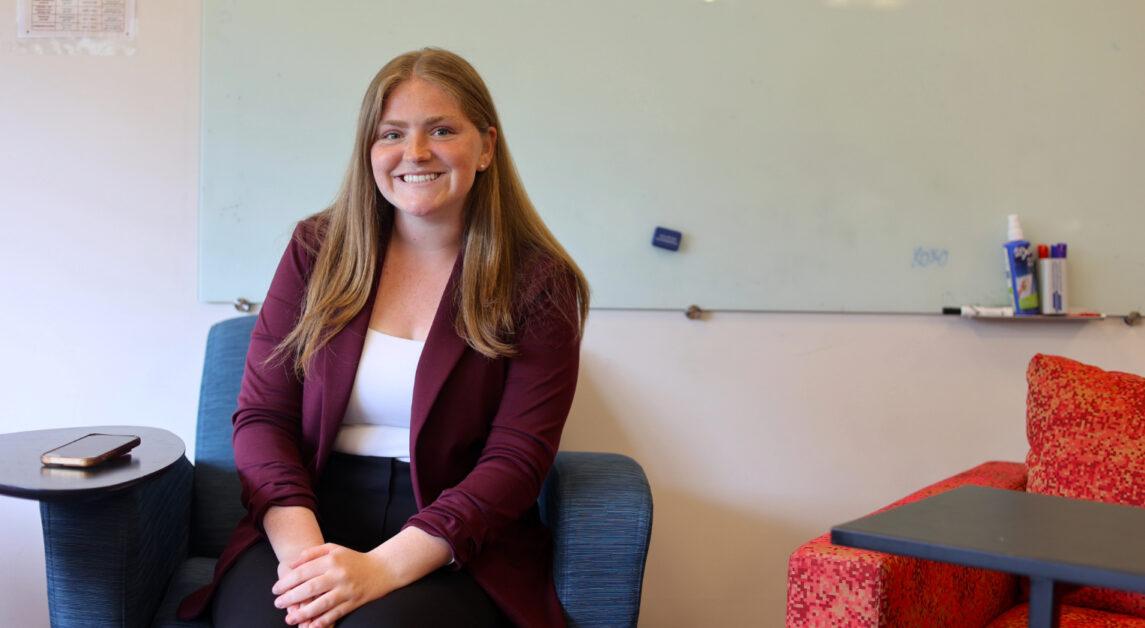When immigrants arrive in a new country, their sense of community is often confined to those who made the journey with them.
Cristiano Borro Barbosa, an auxiliary bishop for the Archdiocese of Boston and Clough School of Theology and Ministry (CSTM) ’11 and ’19, was once in their shoes. Now, he works to foster welcoming communities for immigrants within the church.
“Hospitality is paramount for us—to be welcoming to the immigrant, to the stranger who is our neighbor. The challenging thing is how to make the stranger feel that he is our dear neighbor,” Barbosa said.
Barbosa helps oversee a vibrant and diverse community. The Archdiocese is home to 40 parishes with Hispanic ministries, 17 with Brazilian ministries, and eight with Haitian ministries, according to Barbosa. On any given Sunday, Mass is celebrated in over 20 languages.
“There’s a huge Brazilian population—as well as Portuguese and Hispanic—and they love to be surrounded by people from all around the world,” Barbosa said.
Long before his ministry in Boston, Barbosa was an active member of his parish, volunteering and participating in the youth ministry. At age 14, he felt a call from God to become a priest.
But that call would have to wait until after he finished college.
The call came again after he completed his education in Brazil, and this time, Barbosa accepted and entered the seminary.
He was a priest for just nine months before he was sent to the United States to pursue the graduate degree required to teach at the seminary in Brazil.
When he arrived at BC, Barbosa said he found a much larger Hispanic and Brazilian community than he had expected. He quickly became an active member of these communities—not out of professional duty, but from a genuine desire to connect with others who shared a similar background.
“I loved university in general—the idea of people being together, studying, and in dialogue,” Barbosa said.
Sister Margaret Guider, an associate professor at the CSTM, worked closely with Barbosa during his studies at BC and echoed that Barbosa’s emphasis on bringing diverse groups of people together continues to guide his work.
“In every aspect of his life, he is committed to living out the prayer of Jesus ‘That all may be one,’” Guider said.
For many people, religious communities provide a deep sense of home. Churchgoers often find their closest relations with people who share their faith and worldview.
Beyond the solace it offers, the church is also instrumental in providing humanitarian aid to immigrants and refugees, Barbosa said.
“You have people who need everything,” Barbosa said. “People who need clothes, people who need shelter, people who need help to find a home, people who need help to find jobs, who need help to translate documents for them.”
Meeting these needs is no small task, but Barbosa considers it fundamental to the church’s mission.
“The church, as Pope Francis insists, is like a field hospital, where you must do what needs to be done,” Barbosa said. “Pope Francis calls us to foster a culture of encounter—meeting those different from us, learning from them, welcoming them, sharing meals, healing their wounds, helping them, and integrating them.”
Sister Pat Boyle, associate director of pastoral planning for the Archdiocese of Boston, worked directly under Barbosa. She said he embodies the same warmth and hospitality that originally attracted her to religious life.
“That warmth was what attracted me to want to be a Sister of St. Joseph, and I see in him that notion of welcoming,” Boyle said. “He sees himself as called to be able to help people come to know and love God better in their lives.”
This spirit is not only evident within him but also easily conveyed to others through his ministry and connection with communities, Boyle said.
“There was a way that he relates with people that seems to leave room for them to see a place for themselves in living and acting in the church,” Boyle said.
Guider believes that a part of Barbosa’s ability to understand and connect with other community members comes from his humility and selfless devotion to his work.
The day his appointment as bishop was announced at a press briefing, Barbosa was presented with a pectoral cross—an important milestone in his life.
But true to his character, as Guider recalled, he immediately continued his Saturday duties, driving to a parish in Lowell, Mass., to celebrate the 4 p.m. liturgy.
“In all humility, he never mentioned a word about being named a bishop until the very end of the liturgy—before the final blessing—simply sharing the good news and asking the parishioners for their prayers,” Guider said.
After Mass, Guider said Barbosa was surrounded by parishioners offering their congratulations and prayers.
“He was warmly congratulated in the back of the church, and his joy and hope were evident,” Guider said.
Barbosa believes Boston’s legacy of welcoming immigrants will endure through the church, providing a future where immigrants not only find refuge but also a true sense of belonging—a place where he, too, once found his spiritual home.
“[Boston] was always welcoming people since its foundation,” Barbosa said. “Since European settlers came to this place, I think it’s been a place for immigrants.”

